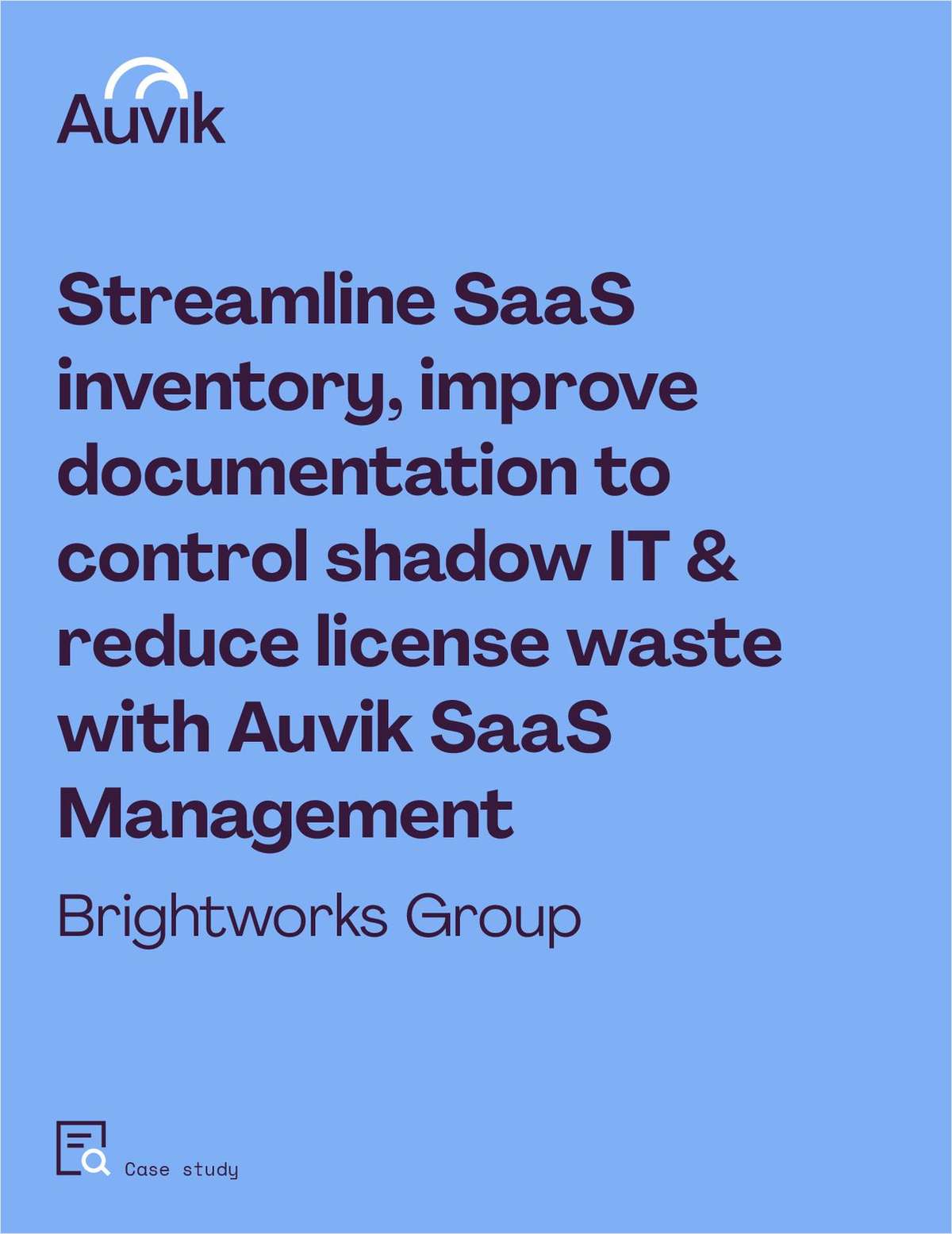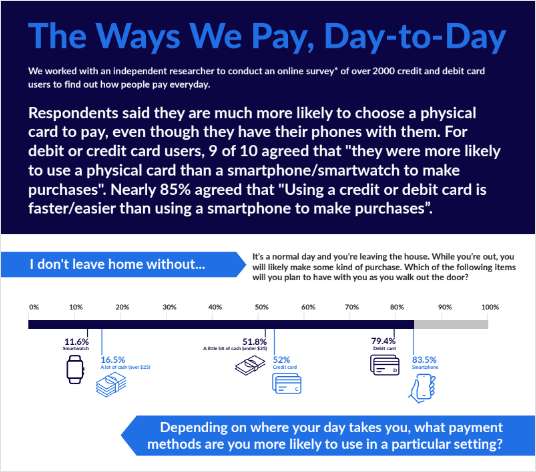WASHINGTON-With the effective date for the Federal Election Commission's regulation permitting trade associations to receive political action committee contributions via payroll deduction from their membership passing last week, the Credit Union Legislative Action Council of CUNA is gearing up to take full advantage. "We are trying to structure it in a way as simple as possible for credit unions to contribute and their employees to contribute," CUNA Political Director Trey Hawkins explained. He said a lot of the leagues and credit unions have demonstrated great interest in the idea and CUNA's program. Payroll deduction will likely lead to more contributors, Hawkins added, because asking someone to write out a $200 check versus having $8 withdrawn each paycheck is a much more difficult sell. "It makes it easier for the employees to give. It makes it easier for them to budget," he emphasized. According to Bruce Harvie, a CUNA political program specialist, the leagues are calling in all the time to get the final details of how the program will work. Twenty-six in the last few weeks, Hawkins added. Basically, no software changes are necessary, Harvie explained; the credit union would simply add the deduction on to other deductions taken from employees' paychecks. Some leagues are also opting to split the contributions deducted between the state and federal PAC, depending upon that state's laws and what the league wants. "Contributors can specify what they want to give as the split," he stated. CUNA Senior Vice President for Political Affairs Richard Gose stressed that there have been some major battles at the state level and CULAC in no way wants to weaken the PACs at the state level. CUNA has been able to make payroll deductions from its own employees, which has been successful. There are also the deduct-a-buck, coin program, and raffles targeting the credit union volunteers and membership. However, Gose said, CUNA has not had a program specifically targeting credit union executives and this will fill that void. "Payroll deduction is really going to get at that group," he said. And the payroll deduction program piggybacks well on a program CUNA started last year with matching contributions for 501(c)(3) charities. That program has been doing very well as a standalone, too. American Heritage Federal Credit Union, for example, had initially budgeted $5,000 for charitable contributions but had to up it to $7,500. The North Carolina Credit Union League this year is offering to match the first $10,000 in PAC contributions with an equal donation to the Carolinas Credit Union Foundation and the United Way. Several credit unions are also offering employees dress down days and other incentives to contribute. "The nice thing about it is you double the bang for your buck and it is right in line with the credit union movement," CUNA Political Program Specialist Allen Chew, who monitors the program, commented. While CUNA staff helps create and develop the programs, Gose wanted to acknowledge that the leagues are really the ones in the trenches everyday. "The bottom line is we have always relied heavily on the leagues for fundraising. They are the frontlines," he said. He added that his staff just wanted to open up as many avenues as possible to help them along and the payroll deduction is one of those, as well as the matching contributions program. Political relations are not all about money, despite the wink-wink, nudge-nudge characterization of the arena. CUNA has been getting more heavily involved in working with candidates at their political origins through its campaign schools. According to Hawkins, CUNA has already scheduled one in Texas and Vermont each this year and are busy setting up schools with at least 10 leagues in the remainder of this year. By early next year, he said, CUNA should outdo the 14 it held during the 2003-2004 election cycle. The candidates, or potential candidates, come to get help with a campaign plan or decide whether or not they are willing to go to the trouble. Many of the attendees are looking at seats at the county commissioner, city council or school board level, Gose explained. Depending upon what the attendees and the league want out of it, there could be 15 to 50 participants; smaller groups are good for working with serious candidates, but schools for larger groups have a broader focus and can be good for garnering credit union activists at every level. The leagues' goals are "just to get their people excited" and to get the "recognition of being players," Gose explained. CUNA's Campaign Schools are appropriate for candidates up to most state senate races, he said. The highest ranking official yet to attend a CUNA Campaign School was the candidate that won the race for West Virginia Secretary of State, but in 10 years or so, a number of these aspiring politicians could make their debut on the national scene. It means something when you help them out early on in a politician's career, Gose said. Hawkins explained that CUNA brings in local, as well as national, political consultants to help with the schools. Gose added that they have co-hosted them in the past with the local Chamber of Commerce or rural electric cooperative. The California, Nevada, Michigan, Texas, Utah, and Montana leagues have been very active in the schools, but new states that have expressed an interest include Vermont, New Mexico, Louisiana, and others. Fruits of the Labor In the last election cycle, CULAC contributed $2.3 million to federal candidates, according to Gose. The goal for the 2005-2006 election cycle? "We'd like to do better than that this cycle." CUNA's ultimate goal is for every credit union friend in the House and Senate to receive support "to the greatest extent possible," he stressed. Though it is early in the cycle, CUNA is very aware of the open seats and what could be happening in those, Gose said. In addition, he said, "There's redistricting in Georgia that we're very concerned about." CULAC has already been in touch with the leagues about the circumstances of the incumbents in their states. Outside of that, Gose said, "We'll wait and see who's really in danger and who's retiring." CULAC's political contributions are commensurate with the split of the political parties in the House and Senate: between 55%-60% for Republicans and the remaining percentage for Democrats. The PAC has thrown a lot of money in early, which Gose said is appropriate with the legislation credit unions have before Congress. Harvie added that campaigns are also asking for more money earlier. On the Republican side, there has been a big push to raise funds earlier, which is likely a function of their success in the last election cycle, he surmised. Hawkins added that Democrats are in the same boat as the cost of running a campaign skyrockets. "What you've got is an environment of hungry and scared and it really does create momentum," Gose concluded. He also pointed out that this is only the second election cycle under the new campaign finance laws and both parties have to work harder to raise money from individuals. Being one of the top PACs in D.C. means that candidates will make their first stops at your door as well. Hawkins remarked that this is a plus because the candidates will be exposed to credit unions early in their political careers or campaigns. Unlike most of the top 10 PACs, Gose highlighted, credit unions are nonpartisan so candidates from both sides feel they will get a fair hearing from CULAC. It also shows the candidates "know about credit unions' grassroots prowess," Chew chimed in. -
Continue Reading for Free
Register and gain access to:
- Breaking credit union news and analysis, on-site and via our newsletters and custom alerts
- Weekly Shared Accounts podcast featuring exclusive interviews with industry leaders
- Educational webcasts, white papers, and ebooks from industry thought leaders
- Critical coverage of the commercial real estate and financial advisory markets on our other ALM sites, GlobeSt.com and ThinkAdvisor.com
Already have an account? Sign In Now
© 2024 ALM Global, LLC, All Rights Reserved. Request academic re-use from www.copyright.com. All other uses, submit a request to [email protected]. For more information visit Asset & Logo Licensing.









